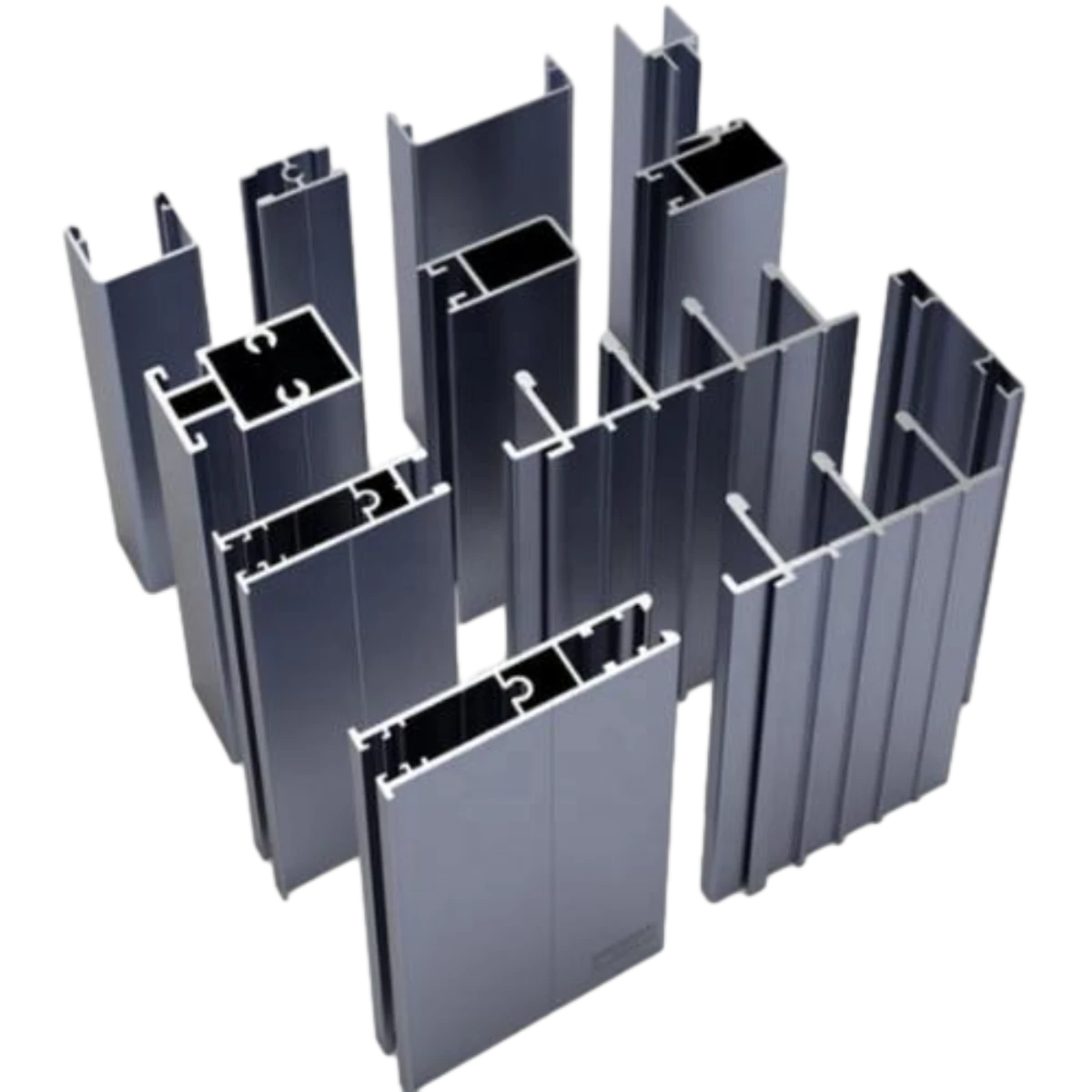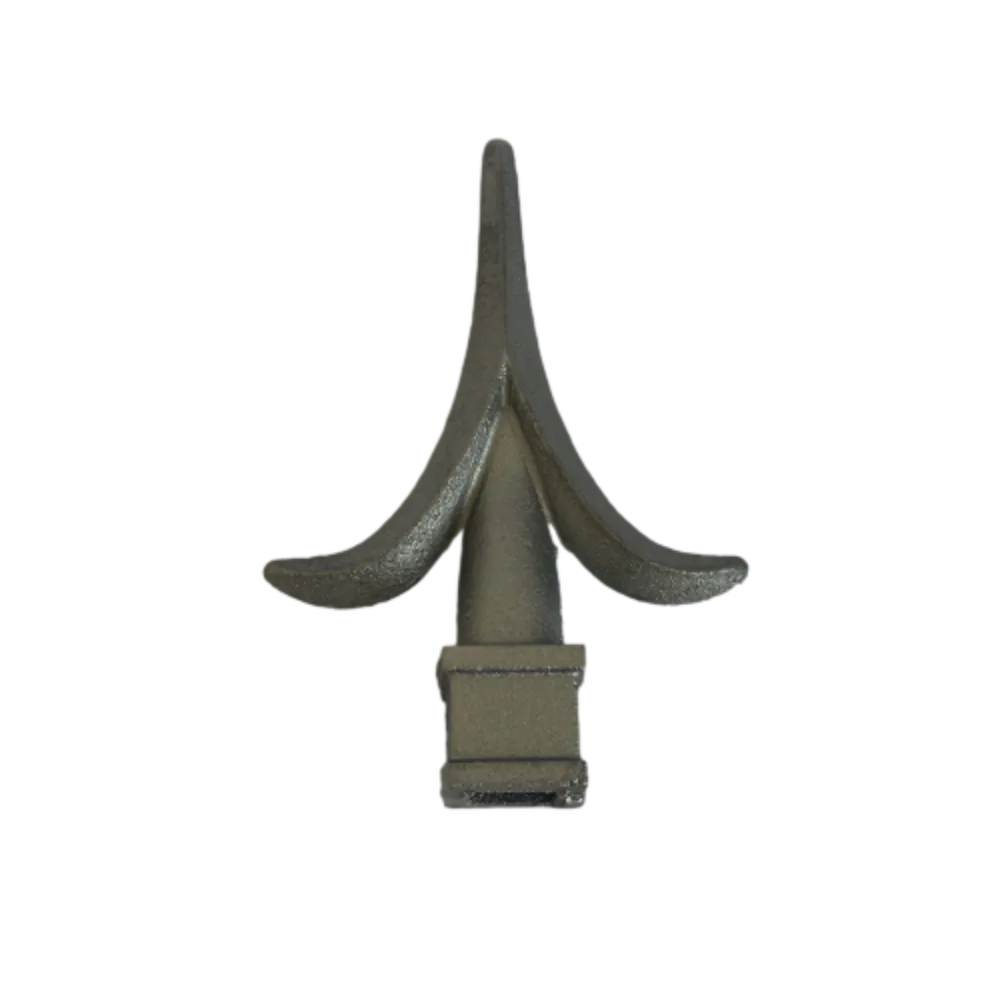A Buyer’s Guide to Selecting the Right Cast Iron Collar for Your Project
When it comes to selecting the right cast iron collar for a project, whether in construction, plumbing, machinery, or other industries, the decision is not always straightforward. Choosing the correct collar can significantly impact the overall integrity, performance, and cost-effectiveness of the project. With a variety of sizes, designs, and materials available, it’s essential to make an informed decision to ensure the collar fits the specific needs of the task at hand. This buyer’s guide will help you navigate the key factors to consider when selecting the perfect cast iron collar for your project.

These collars are often used to secure pipes, beams, or other components, preventing them from shifting or failing under pressure. They are highly valued for their strength, durability, and resistance to corrosion, making them an essential part of many industrial and construction projects. However, the right collar can vary greatly depending on the specifics of the application.
1. Determine the Application of the Cast Iron Collar
The first step in selecting a decorative collars is to define the application. Cast iron collars are versatile and can be used in a range of settings, including plumbing, machinery, automotive manufacturing, and structural reinforcement. Each of these applications may require a different design, size, or material composition to meet the demands of the project.
2. Consider the Size and Dimensions of Cast Iron Collar
Size is one of the most critical factors when choosing a cast iron collar. The collar must be the right diameter and thickness to fit the component it is meant to reinforce, support, or connect. Cast iron collars are available in a wide range of sizes, so accurate measurements are essential to ensure a proper fit.
3. Material and Quality of Cast Iron Collar
The quality of the cast iron used to make the collar is another important consideration. Cast iron is available in various grades, each with different properties such as tensile strength, brittleness, and resistance to corrosion. For most applications, standard gray cast iron is commonly used due to its excellent castability and machinability. However, in highly demanding environments—such as industrial machinery or marine applications—higher grades of cast iron, such as ductile iron or white cast iron, might be required for increased strength and wear resistance.
4. Corrosion Resistance and Environmental Conditions of Cast Iron Collar
One of the primary reasons cast iron collars are favored in many industries is their excellent resistance to corrosion. If your project is located in a humid environment, near water, or exposed to harsh chemicals, corrosion resistance becomes a crucial factor. Cast iron naturally forms a protective layer of oxide when exposed to moisture, but additional protective coatings can also be applied to further enhance resistance to rust and degradation.
5. Load-Bearing Capacity and Durability of Cast Iron Collar
For projects that involve heavy-duty machinery or structural components, the load-bearing capacity of the ornamental iron casting is a top priority. Cast iron collars are designed to reinforce and support, but they must be strong enough to bear the weight or stress imposed upon them.
6. Ease of Installation and Maintenance of Cast Iron Collar
Ease of installation and maintenance should also be taken into account when selecting a cast iron collar. Collars that are designed for quick and easy installation will save time and labor costs on the job site. Look for collars that can be easily fitted with minimal tools or modifications.
Selecting the right cast iron post for your project involves careful consideration of the application, size, material, environmental factors, load-bearing requirements, and ease of installation. By understanding the unique needs of your project and evaluating these key factors, you can choose a cast iron collar that enhances the durability, safety, and efficiency of your system. Whether you’re working on plumbing, machinery, or structural reinforcement, making the right choice will ensure the success of your project and provide long-lasting performance.
-
Plough Wheel Cast Iron Material Enhances Load-BearingNewsNov.10,2025
-
Cast Iron Cooking Stove Heat Retention Ensures Even Food HeatingNewsNov.10,2025
-
Rubber Strip Shock Absorption Protects Window EdgesNewsNov.10,2025
-
Aluminum Profiles High Corrosion Resistance Suits Coastal AreasNewsNov.10,2025
-
Window Handle Aluminum Material Ensures Lightweight DurabilityNewsNov.10,2025
-
Sliding Roller Plastic Housing Fits Aluminum Sliding WindowsNewsNov.10,2025
-
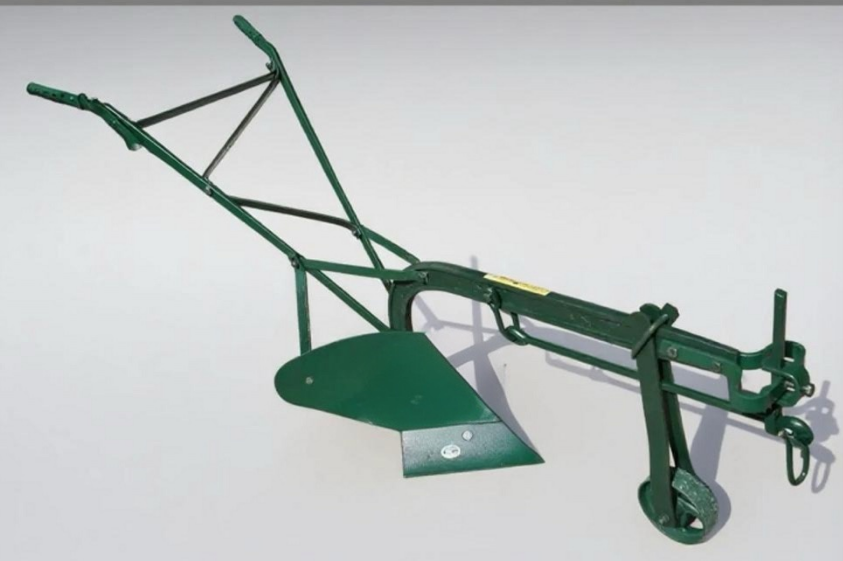 Plough Wheel Cast Iron Material Enhances Load-BearingNov-10-2025Plough Wheel Cast Iron Material Enhances Load-Bearing
Plough Wheel Cast Iron Material Enhances Load-BearingNov-10-2025Plough Wheel Cast Iron Material Enhances Load-Bearing -
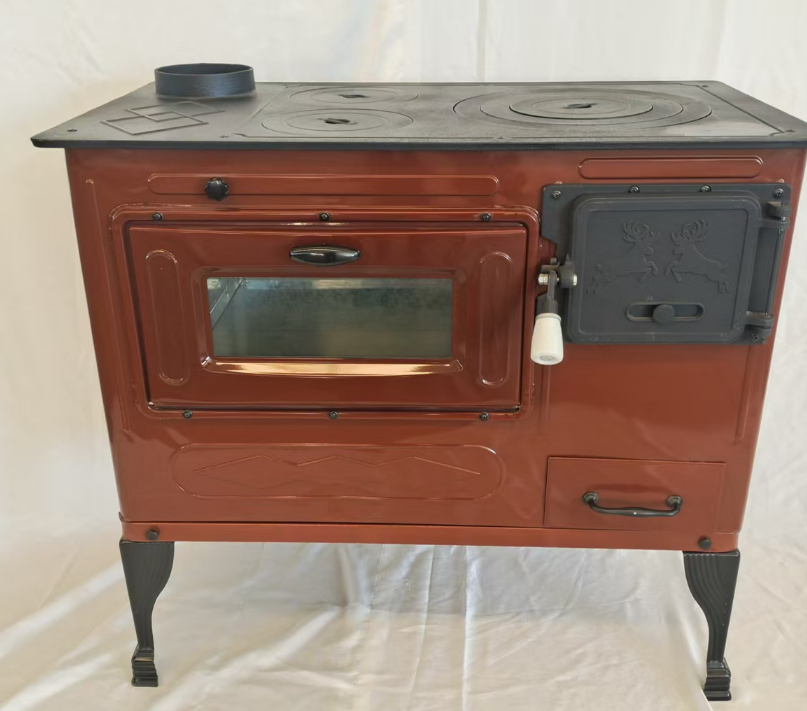 Cast Iron Cooking Stove Heat Retention Ensures Even Food HeatingNov-10-2025Cast Iron Cooking Stove Heat Retention Ensures Even Food Heating
Cast Iron Cooking Stove Heat Retention Ensures Even Food HeatingNov-10-2025Cast Iron Cooking Stove Heat Retention Ensures Even Food Heating -
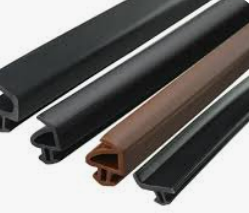 Rubber Strip Shock Absorption Protects Window EdgesNov-10-2025Rubber Strip Shock Absorption Protects Window Edges
Rubber Strip Shock Absorption Protects Window EdgesNov-10-2025Rubber Strip Shock Absorption Protects Window Edges





